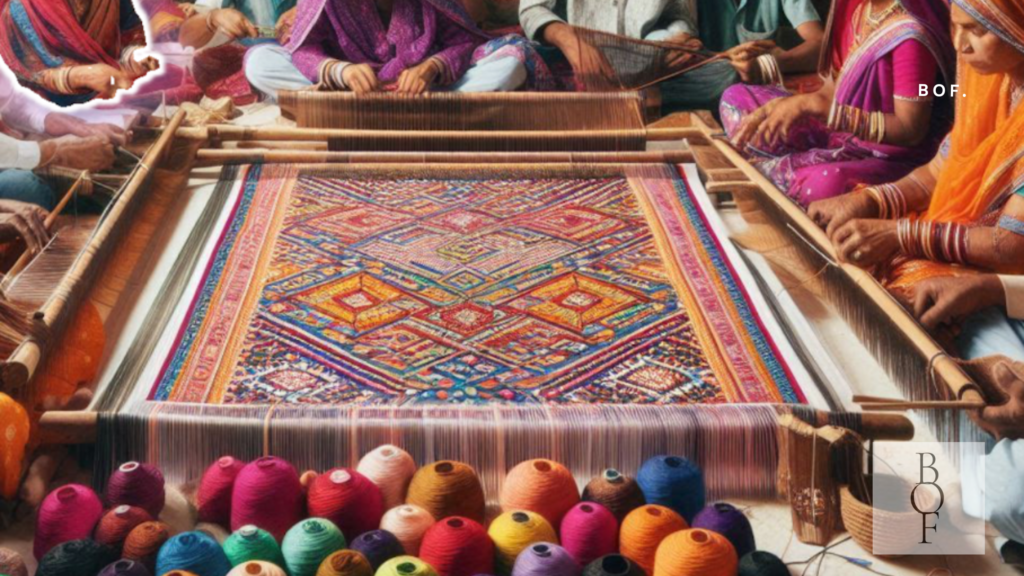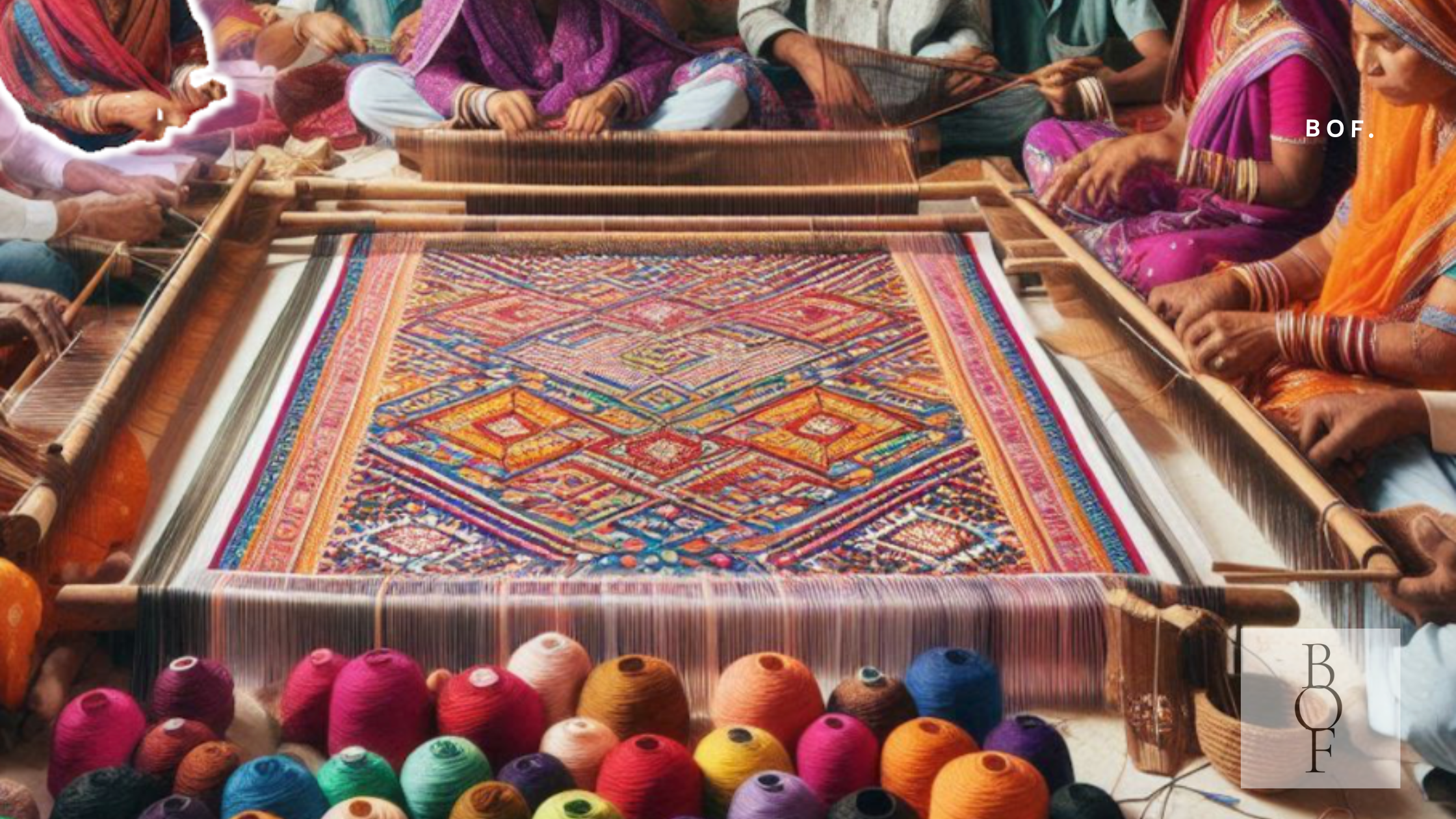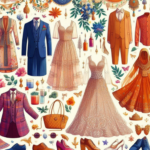
Kutch weaving, a centuries-old tradition from the Kutch region in Gujarat, India, is celebrated for its intricate designs, vibrant colors, and exceptional craftsmanship. This unique textile art form reflects the rich cultural heritage of the region, blending history, tradition, and artistry into every woven piece. Whether you’re a collector, a fashion enthusiast, or someone who appreciates handmade art, understanding Kutch weaving and how to care for these delicate textiles can enhance your appreciation for this timeless craft.
The Heritage of Kutch Weaving
Kutch weaving is deeply rooted in the history and culture of the Kutch region. The weavers, predominantly from the Vankar community, have passed down their skills through generations, maintaining traditional techniques while also embracing contemporary designs. The process involves meticulous attention to detail, with each piece often taking weeks or even months to complete.
The Craftsmanship Behind Kutch Weaving
Materials: Kutch weavers primarily use cotton and wool, sometimes incorporating silk for added texture and sheen. The choice of material often depends on the intended use of the textile, whether it be for clothing, shawls, or home decor items.
Techniques: The weaving process includes various techniques such as extra weft weaving, which creates raised patterns on the fabric, and tie-dye techniques for adding vibrant colors. The intricate geometric patterns and motifs, often inspired by nature and local folklore, are a hallmark of Kutch weaving.
Colors and Dyes: Natural dyes are a significant aspect of Kutch weaving, with colors extracted from plants, minerals, and even insects. These eco-friendly dyes not only ensure vibrant hues but also add to the sustainability of the craft.
Popular Kutch Weaving Products
Shawls and Stoles: Known for their warmth and intricate designs, Kutch shawls and stoles are perfect for adding a touch of elegance to any outfit.
Sarees and Garments: Kutch sarees, with their detailed borders and pallu, are a favorite among those who appreciate traditional Indian attire.
Home Decor Items: From cushion covers to wall hangings, Kutch textiles can beautifully adorn any living space.
Caring for Kutch Textiles
Proper care is essential to maintain the beauty and longevity of Kutch woven products. Here are some tips to ensure your cherished pieces remain in excellent condition:
Washing:
– Hand wash Kutch textiles separately in cold water using a mild detergent.
– Avoid using bleach or harsh chemicals, as they can damage the fibers and fade the colors.
– Do not wring the fabric; instead, gently squeeze out excess water.
Drying:
– Lay the textiles flat to dry in a shaded area, away from direct sunlight, which can cause colors to fade.
– Avoid hanging, as this can stretch the fabric and distort its shape.
Ironing:
– Iron on a low setting while the fabric is still slightly damp.
– Use a pressing cloth to protect delicate weaves and embroidery from direct heat.
Storage:
– Store Kutch textiles in a cool, dry place, preferably wrapped in a muslin cloth to allow the fabric to breathe.
– Avoid storing in plastic, which can trap moisture and cause mildew.
Regular Maintenance:
– Periodically air out your Kutch textiles to prevent any musty odors.
– For woolen items, consider using moth repellents to protect against damage.
Conclusion
Kutch weaving is more than just a craft; it is a vibrant expression of cultural identity and artistic excellence. By understanding the heritage and craftsmanship behind these textiles, and by following proper care instructions, you can preserve the beauty and integrity of your Kutch woven pieces for years to come. Embrace the timeless charm of Kutch weaving, and let these exquisite textiles bring a touch of tradition and elegance into your life.










